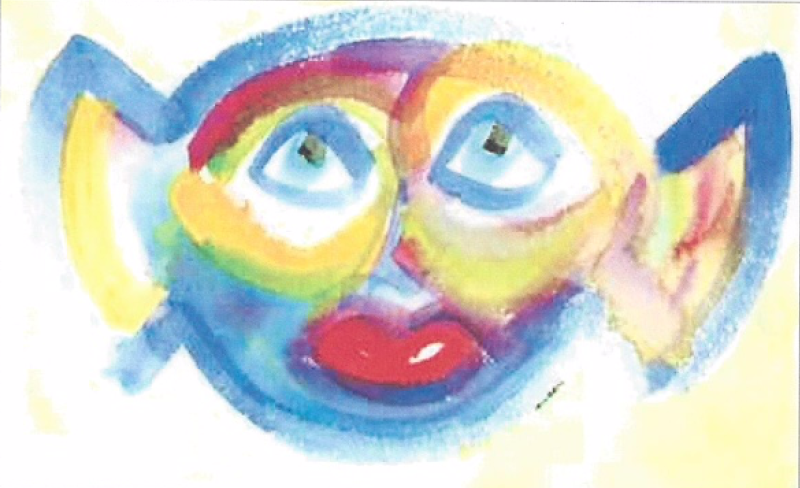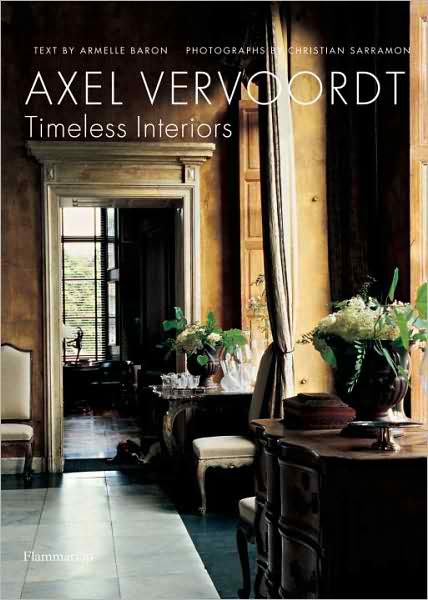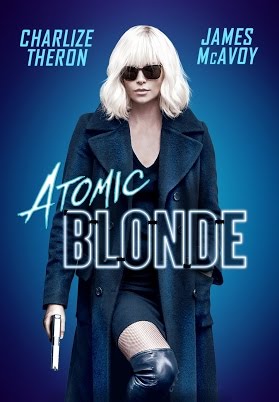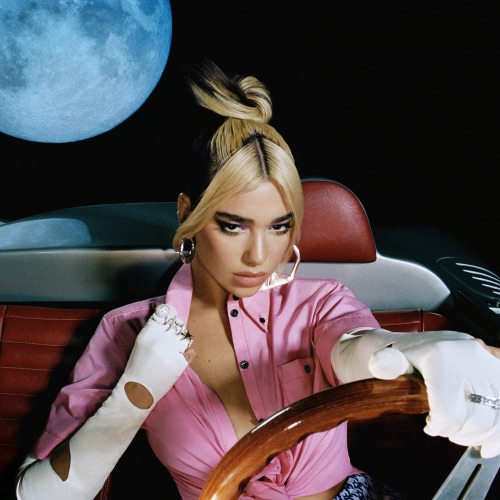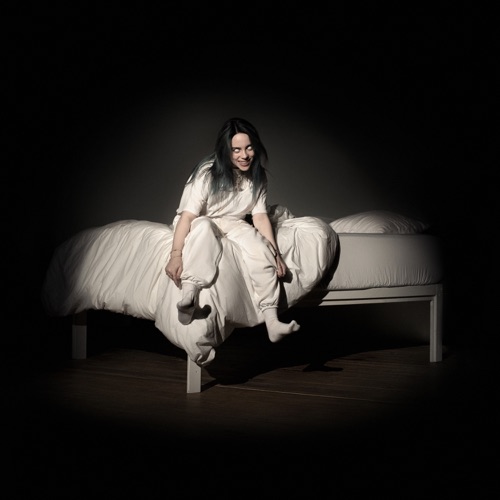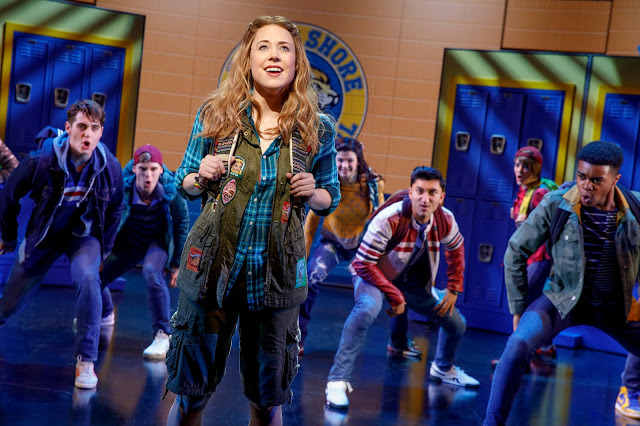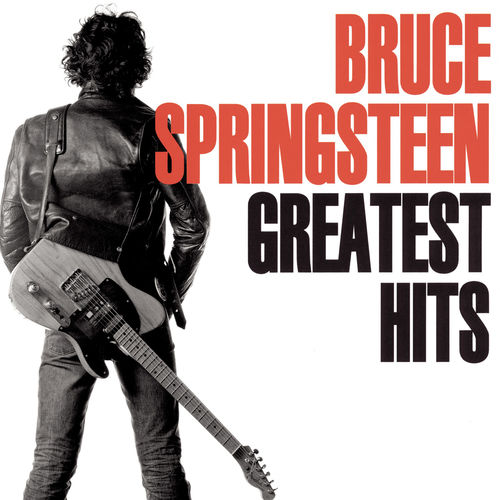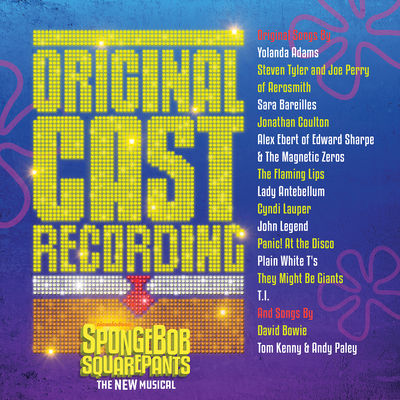ISABELLE HUPPERT IS 'THE MOTHER'
 Sunday, March 24, 2019 at 3:03PM
Sunday, March 24, 2019 at 3:03PM  Isabelle Huppert
Isabelle Huppert Chelsea residents: If you think you have spotted Isabelle Huppert on the street, you have not been hallucinating. The indisputable queen of French cinema has arrived in Chelsea. She’s here to make a rare English-speaking stage appearance at the Atlantic Theater Company. She portrays the title role in French playwright Florian Zeller’s 2010 “tragic farce” titled “The Mother,”
Tickets to the 199-seat Linda Gross Theatre are virtually non-existent.
And no wonder.
Huppert, an actress for 47 of her 66 years, has earned the admiration of the international film-going public, having delivered fearless performances as incendiary yet despairing women in 120 movies. Perversion, murder, self-mutilation, prostitution, adultery, transgressive behavior – you name it, she’s suffered through it.
Huppert’s potent 2016 Academy Award nominated performance in Paul Verhoeven’s button pushing “Elle” is a recent example. She portrays a woman who seeks out her rapist for further encounters and then makes sure he gets what’s coming to him.
Her role in “The Mother” fits her like a glove.
It is the first of three unrelated plays in playwright Zeller’s so-called “Family Trilogy.” A second dark farce, the 2012 “The Father,” and this season’s “The Son” complete the series.
Both “The Mother” and “The Father” received Molière Awards (the French Tony)
The 39-year-old writer has achieved conspicuous success in his home country and overseas and hailed as “the most exciting new theatre writer of our time.”
After seeing his work in Paris, Academy Award- winning British playwright, screenwriter and translator Christopher Hampton was inspired to introduce the French playwright to the English-speaking public.
Hampton’s translations for the theatre include spark ling versions of the plays of Yasmina Reza, the previous Parisian playwright to make it big in Britain Jean-Paul Sartre preceded Reza many years before in the 1940s.
In 2015, Hampton’s translation of “The Father” played in London's West End to widespread critical acclaim. The following year, Manhattan Theater Club mounted the play in New York in a production directed by Doug Hughes.
Frank Langella, then 76, portrayed the title character, an 80-year-old man named Andre who was in the late stages of dementia.
Rather than observing Andre, the audience was placed in the position of seeing the world from the old man’s point of view.
A series of repeated scenes rewritten slightly differently force Andre to question everything he once thought was real, and observers share in his terror as his dementia advances and he struggles desperately to retain focus.
Langella’s harrowing performance earned the distinguished actor his fourth Tony award.
“The Father” was extremely clever, but the cleverness tended to make the play feel somewhat like a stunt. Underneath the dazzle of the tricks, Zeller’s self-conscious script lacked empathy and depth.
The dramatist attributes Harold Pinter as a major influence and the British Nobel laureate and he have much in common.
They share a lean, bare-bones aesthetic, utilize disjointed timelines, repetitions and alternative narratives, play with time and perspective, and enjoy dismantling an architype from multiple perspectives.
When I arrived at “The Mother,” Huppert was already onstage.
She sat on an impossibly long, white leather couch comprised of sectionals that spanned the width of the stage.
The actress radiated enormous stillness as she occasionally looked down at the book she was reading.
The program lists Huppert as “The Wife” (the character’s name is Anne); Chris Noth as “The Man” (Anne’s husband, David); Justice Smith as ”The Son” (whose character name is Nicolas); and Odessa Young as “The Girl” (in reality of all the ”girls” – how sexist is that?- who taunt Anne’s mind: Nicholas’s girlfriend, Emily; David’s girlfriend who might also be Emily; “unsympathetic” daughter Sara who flees her mother; and even the memory of Anne’s younger, “naive” self.)
I could not resist wondering if the 85-minute play was meant to be an allegory.
After a dramatic visual cue set the play in motion (Ben Stanton is the lighting designer) ,Chris Noth’s David rushed in and declared he was off to a seminar.
But his wife stops him in his tracks.
A projection on a screen in front of the Atlantic’s exposed upstage brick wall announces “UN,” the first “act” of the play. (Lucy Mackinnon is the projections designer.)
Mark Wendland’s sleek, minimalist set design – a Venetian glass chandelier, the protracted couch and not much else – tells us virtually nothing about the characters.
And alas neither will the playwright.
Having stewed before us for so long waiting for David to arrive home from the office, Anne appropriates a sunny tone to complain - about her day and then her adult son Nicholas. He has stopped telephoning her with regularity fails to respond to her countless messages – proof that he has abandoned her.
She badgers David about whether he had a nice day, repeating the same question again and again with repeated intensity each time. Her surreal behavior drives her husband almost to the breaking point.
Anne infers she knows he is cheating on her. The businessman neither confirms nor denies her suspicion.
If he attempts to respond, she ignores him, tells him he is crazy or repeats her catalog of woes.
She also lets him know she purchased a little red dress to wear to his funeral.
The projection of “UN” reappears and the first act starts all over again, featuring three variations of the dialogue and changeable emotional temperature of the married couple.
In the style of “The Father,” the disparities provide evidence of the confusion in Anne’s mind and her unsettled emotional state.
They also suggest that knowing what is real may be beyond us.
The ensuing “acts” also come in three versions apiece, each with two versions.
 Isabelle Huppert and Chris Noth
Isabelle Huppert and Chris Noth
After walking out on his girlfriend, Emily, Nicolas returned home in the middle of the night, and to his mother’s great surprise, her son turns up in the morning with his shirt open to the waist.
In the 2016 British import, “Yen,” the gifted actor, Justice Smith, delivered a memorably outrageous performance as a writhing, shrieking, mentally damaged 13-year-old; in “The Mother,” he experiences the surprise of his – or any son’s life – when he has to cope with a mother in Jocasta – or perhaps - Phèdre mode.
After listening to her son’s explanation for his presence, Anne cannot bring herself to say Emily’s name; only gagging sounds emerge from her throat.
She reviles her sons’ uncouth and ugly live-in girlfriend, accuses her of numerous sexual indiscretions and of cheating on her son.
Even worse for Nicholas, his mother simply cannot keep her hands off him, pawing him aggressively.
Later, she urges him to go out on the town with her as his date, insisting that people would probably mistake them for lovers. Mom strips down to a slip and garters and wiggles into the scarlet red mini-dress meant her husband’s funeral.
Anne then becomes so out of control, she mounts her son and Nicholas has to fight her off.
Current psychological theory holds that people living in close domestic proximity during the early years of life are desensitized to sexual attraction later in life. So it’s probably best to treat Anne’s smothering mother-love as part and parcel of a descent into madness.
Nor is she an allegorical figure unless you believe that in common with Anne, every mother in enormous emotional pressure turns to incest.
In the acts and variations that follow, a disoriented, slowed-down Anne, popping sleeping pills and slurping white wine, crashes even further.
She leads a static life that has lost all meaning, experiencing a present that drags on and on and absolutely nothing happens.
But the thing that really pushes her over the edge is the arrival of Emily. Nicholas’s girlfriend is beautiful and young, wears exactly the same daring outfit as the much older woman (it makes Anne her look even older) and flaunts her delectable body in front of the jealous and miserable matron.
Anne’s jealousy strikes me as a relic from a B movie of yore. Mental illness is a terrible thing, but I find hard to accept the notion that empty-nest syndrome ultimately has the potential to lead to insanity.
Nor do any of the one-dimensional characters inspire the slightest empathy.
And the bafflement wears thin and becomes exhausting.
Zeller dismisses anything that really is too much to handle, including a murder, as a “dream sequence.”
Is Peter really having an affair? Does Nicholas actually turn up at the family homestead? Did Emily really visit? And who is she?
We will never know – or care.
Trip Cullman is an uneven director (a terrific “Choir Boy”; an awful “Six Degrees of Separation”). Here he does everything he can to create a highly theatrical, distorted, collage-like and surreal air of unreality.
What is wonderful is the opportunity to see a highly energized, Huppert deliver a ferocious, all-stops-out star turn.
She’s great, but “The Mother” is as pretentious as it is inscrutable.
I’m thrilled Isabelle Huppert came to Chelsea.
 Huppert
Huppert
 Henry Edwards | Comments Off |
Henry Edwards | Comments Off | 
